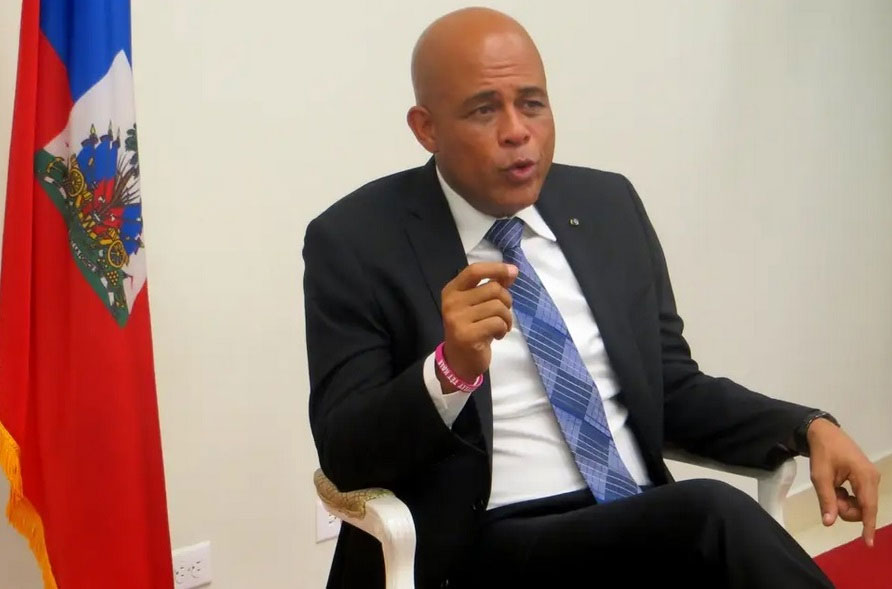
Port-au-Prince, October 20.- Former President Michel Martelly, the former head of Parliament, Youri Latortue and former deputy Prophane Victor are among the possible financiers of violence in Haiti, according to a report by the United Nations Group of Experts.
The document known this Thursday and which also points to businessman Reynold Deeb, assured that politicians and economic elites usually pay gangs in kind or in cash to obtain votes or protect their assets.
The practice has progressively enriched the gangs and given them more power, according to the document.
The report indicates that Martelly, who governed the Caribbean country from 2011 to 2016, used gangs to extend his influence in neighborhoods in order to advance his political agenda, contributing to a legacy of insecurity whose effects are still felt today.
Likewise, he adds that the former president of the Tet Kale (Skinheads) party established relations with the armed groups of Grand Ravine, Ti Bois and Village de Dieu, and created the Base 257 gang in order to prevent anti-government demonstrations in Pétion -Ville, main commercial center of the country.
According to statements by gang leaders included in the document, they maintained regular communication with an intermediary who worked in Martelly's escort unit who delivered firearms and sums of money.
As for former legislator Prophane Victor, he is accused of arming young people from Petite Rivière de l'Artibonite who later created the Gran Grif gang. Their support for the criminal group continued until 2020, when they fell out over unfulfilled promises during the electoral period, the UN Group of Experts stated.
For his part, former senator Youri Latortue, sanctioned by Canada and the United States, was accused of arming and financing the Raboteau gang in the Artibonite department, as well as the Kokorat San Ras gang, which provides them protection.
The report also refers to businessman Reynold Deeb, general director of the DEKA group, who would pay armed groups to protect his import business and guarantee the transportation of goods.
More recently, according to several independent sources, Deeb used gang members to pressure certain port customs officials to prevent his containers from being inspected or intercepted, allowing him to evade certain import duties, he added.
The experts clarified that some of these relationships may have changed over time as a consequence of a number of factors, including recent unilateral sanctions directed against political and economic figures and the delay of elections and related political campaigns, which generally have the effect of reinforcing links between politicians and criminal groups. (Text and photo: PL)